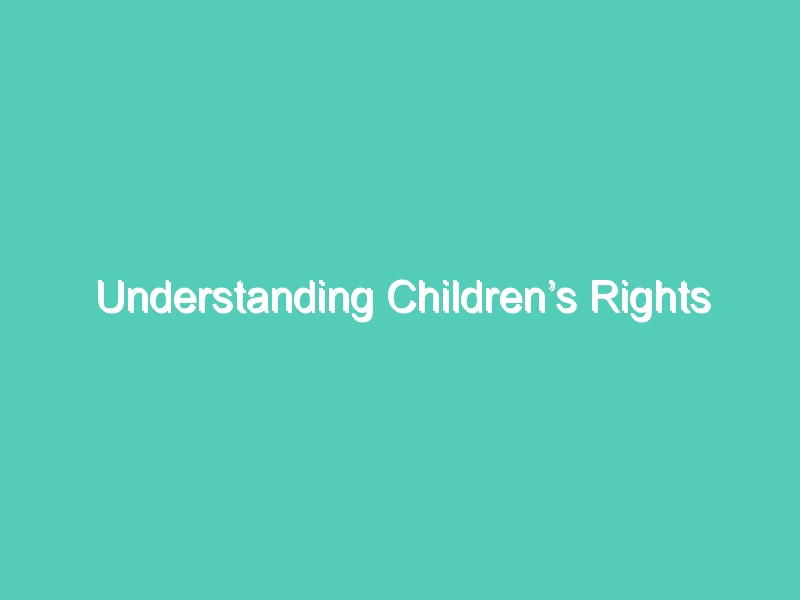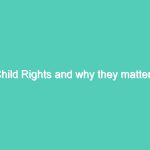Right to Life
The right to life means that each child must be able to live his or her own life. Children have the right not to be killed. They have the right to survive and to grow up in proper conditions.
Right to Education
The right to education allows each child to receive instruction, to enjoy a social life, and to build his or her own future. This right is essential for economic, social and cultural development.
Right to Food
The right to food is the right of each child to eat. It is the right to not die of hunger and to not suffer from malnutrition. Every five seconds, a child dies of hunger somewhere in the world.
Right to Health
The right to health means that children must be protected against illness. They must be allowed to grow and become healthy adults. This contributes to developing an active society.
Right to Water
The right to water means children have the right to safe drinking water and proper sanitary conditions. The right to water is essential for good health, survival and proper growth.
Right to Identity
Each child has the right to have a surname, a firstname, a nationality, and to know who his or her relatives are. The right to identity also means that each child’s existence and rights must be officially recognised.
Right to Freedom
The right to liberty is the child’s right to express him or herself, to have opinions, to have access to information, and to participate in decisions which affect his or her life. Children also have the right to religious freedom.
Right to Protection
The right to protection is the right to live in a secure and protective environment which preserves the child’s well-being. Each child has the right to be protected from all forms of mistreatment, discrimination, and exploitation.


